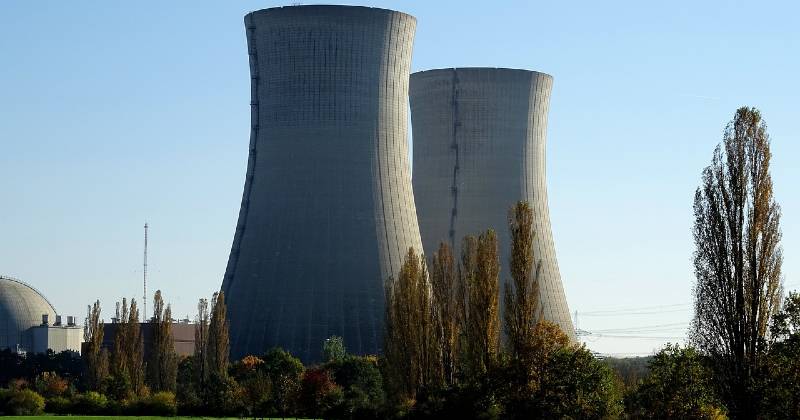Florida Attorney General James Usmierer filed a lawsuit against the US Nuclear Regulation Authority (NRC) accusing them of illegally obstructing the development of advanced nuclear technologies that could reshape the future of US energy production.
Uthmeier announced the legal challenge on Tuesday, claiming that the NRC’s outdated regulatory framework is stagnating the progress of innovative technologies such as small scale modular reactors (SMRS).
“For decades, Washington has made promises about nuclear energy, and then when real innovation comes, it poses obstacles,” Usmieyer said. “Florida is waiting. We are taking action to maximize the potential of safe nuclear technology, strengthen our energy independence and ensure cleaner water and air for the state.”
The lawsuit is driven by a rapidly growing population amid rising energy demand in Florida. In 2023, Governor Ron Desantis signed HB 1645 to direct the state’s Public Service Commission to investigate the feasibility of advanced nuclear technologies, including SMR, to meet the state’s future electricity needs.
However, state officials argue that the strict interpretation of NRC licensing authorities has resulted in excessive delays and costs, making it difficult for Florida to pursue a nuclear solution. The complaint argues that the refusal of federal agencies to update its rules not only hampers state-level innovation, but also undermines the state’s legal authority to regulate and deploy secure nuclear infrastructure.
Florida, joined by other states in the lawsuit, is asking federal courts to overturn what the NRC describes as “illegal conduct” and mandate the creation of regulatory standards based on modern science.
Advanced reactors, including SMR, are being considered for use in a variety of environments in Florida and beyond, from industrial operations to rural communities and areas with vulnerable electrical grids. Advocates argue that these next-generation systems provide safety, faster construction and reduced environmental impact compared to legacy nuclear power plants.
This legal move aims to assert its ability to clear regulatory hurdles and pursue new energy solutions amid growing concerns about reliability, sustainability and long-term energy independence.


